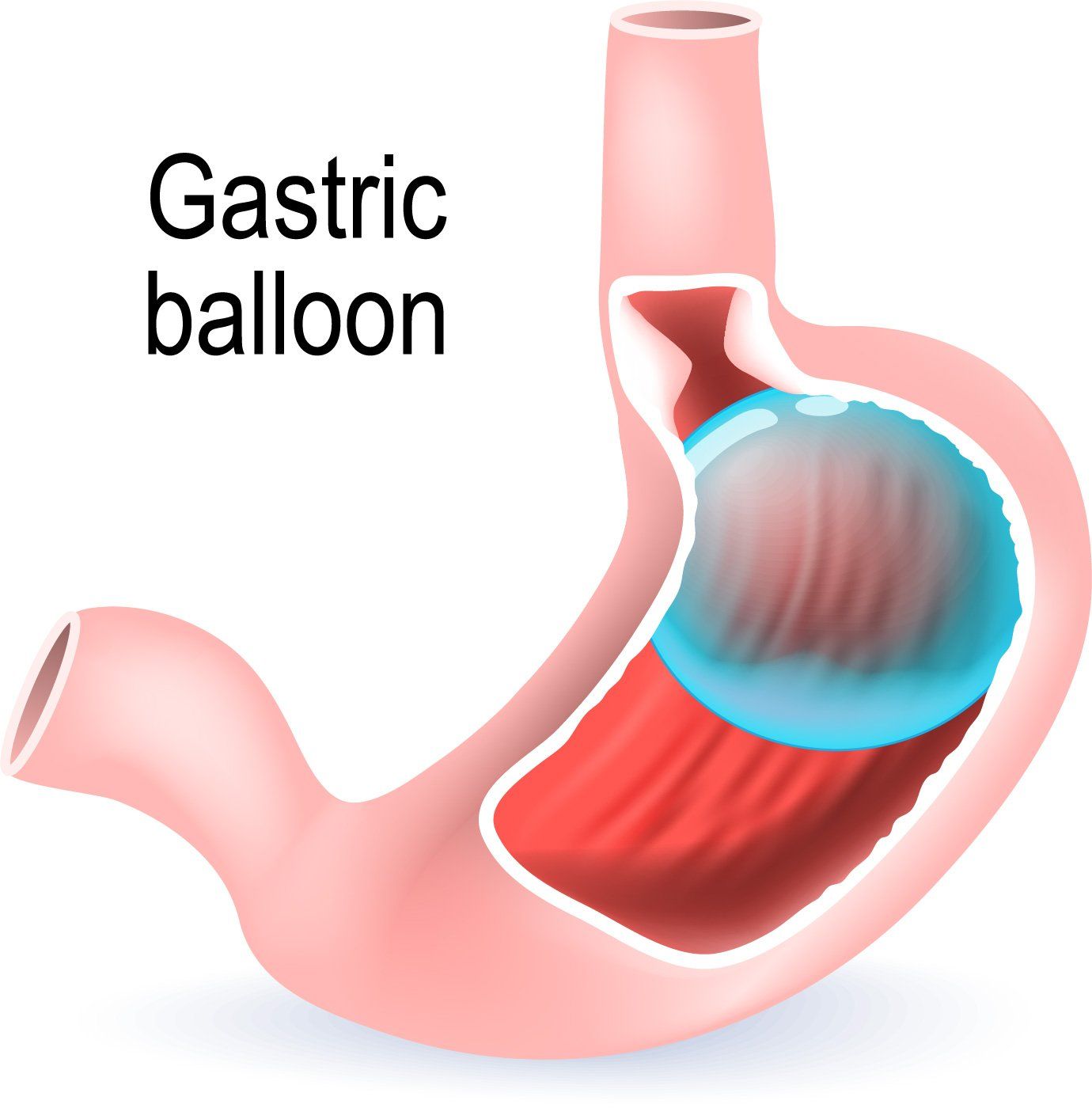CONSIDERING & PREPARING
FOR WEIGHT LOSS SURGERY?
What you really need to know!
There are several types of Weight Loss Surgery. Remember they are a TOOL to aid weight loss and not a miracle cure. It's not the cheats way out and don't let anyone tell you that you are!
Prior to surgery its important to manage eating behaviours and habits as surgery will not alter these, although it will feel like they do during the "honeymoon phase" immediately after surgery.
Van uses the analogy of a house " We need to get the foundations right before we start to build and decorate our homes, otherwise the cracks keep appearing!" This where Van's support starts, pre surgery, when you are building the foundations and researching weight loss surgery.
Van can help you improve your relationship with food and prepare you for surgery and look after post surgery. It's important to do this as specialist support is paramount to help achieve the results you desire.
The most common types are: Gastric band, Gastric Bypass, Mini Gastric Bypass, Sleeve Gastrectomy and Gastric Balloon. All these operations can lead to significant weight loss within a few years, and help improve many obesity related conditions, such as diabetes or high blood pressure. Each has advantages and disadvantages.
It is a life changing decision that will alter your life forever and should only be considered after trying to lose weight through a healthy diet and exercise has failed. You'll have to swap your normal size meals for smaller portions, eat slowly, and you may have to give up some of your favourite foods.
Speak to The Dietologist today to see if weight loss surgery is suitable for you.
Get your free copy of
"7 Things You Need To Know About Weight Loss Surgery Before You Hand Over The Cash!"
Prior to surgery its important to manage eating behaviours and habits as surgery will not alter these, although it will feel like they do during the "honeymoon phase" immediately after surgery.
Van can help you break free of dieting, stop being a slave to the scales and prepare you for surgery, the support doesn't stop there! She'll help after post surgery to work with your surgery.
The most common types are: Gastric band, Gastric Bypass, Mini Gastric Bypass, Sleeve Gastrectomy and Gastric Balloon. All these operations can lead to significant weight loss within a few years, and help improve many obesity related conditions, such as diabetes or high blood pressure. Each has advantages and disadvantages.
It is a life changing decision that will alter your life forever and should only be considered after trying to lose weight through a healthy diet and exercise has failed. You'll have to swap your normal size meals for smaller portions, eat slowly, and you may have to give up some of your favourite foods.
Speak to The Dietologist today to see if Weight loss surgery is right for you.
Read my blog "Is Weight Loss Surgery Right For me?" CLICK HERE
GASTRIC BAND
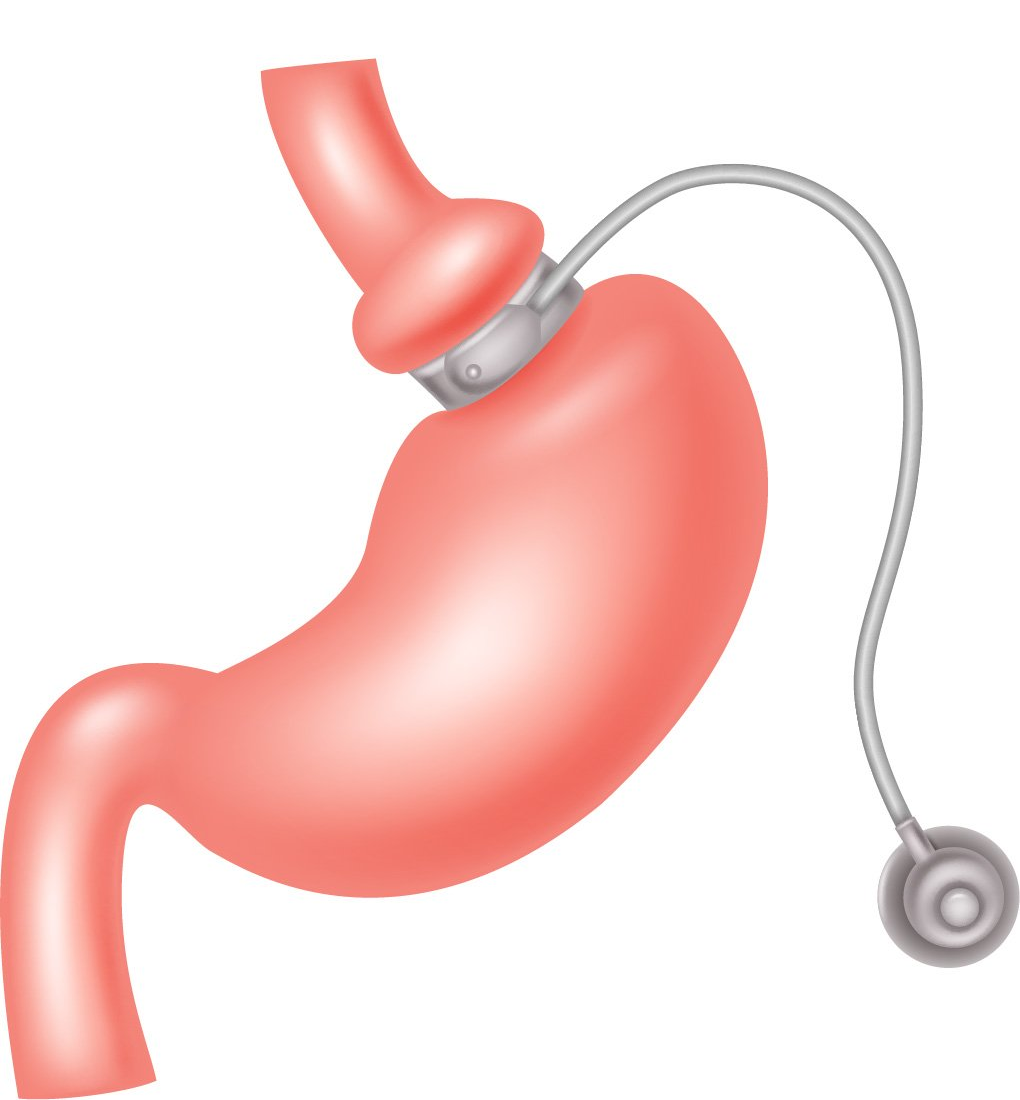
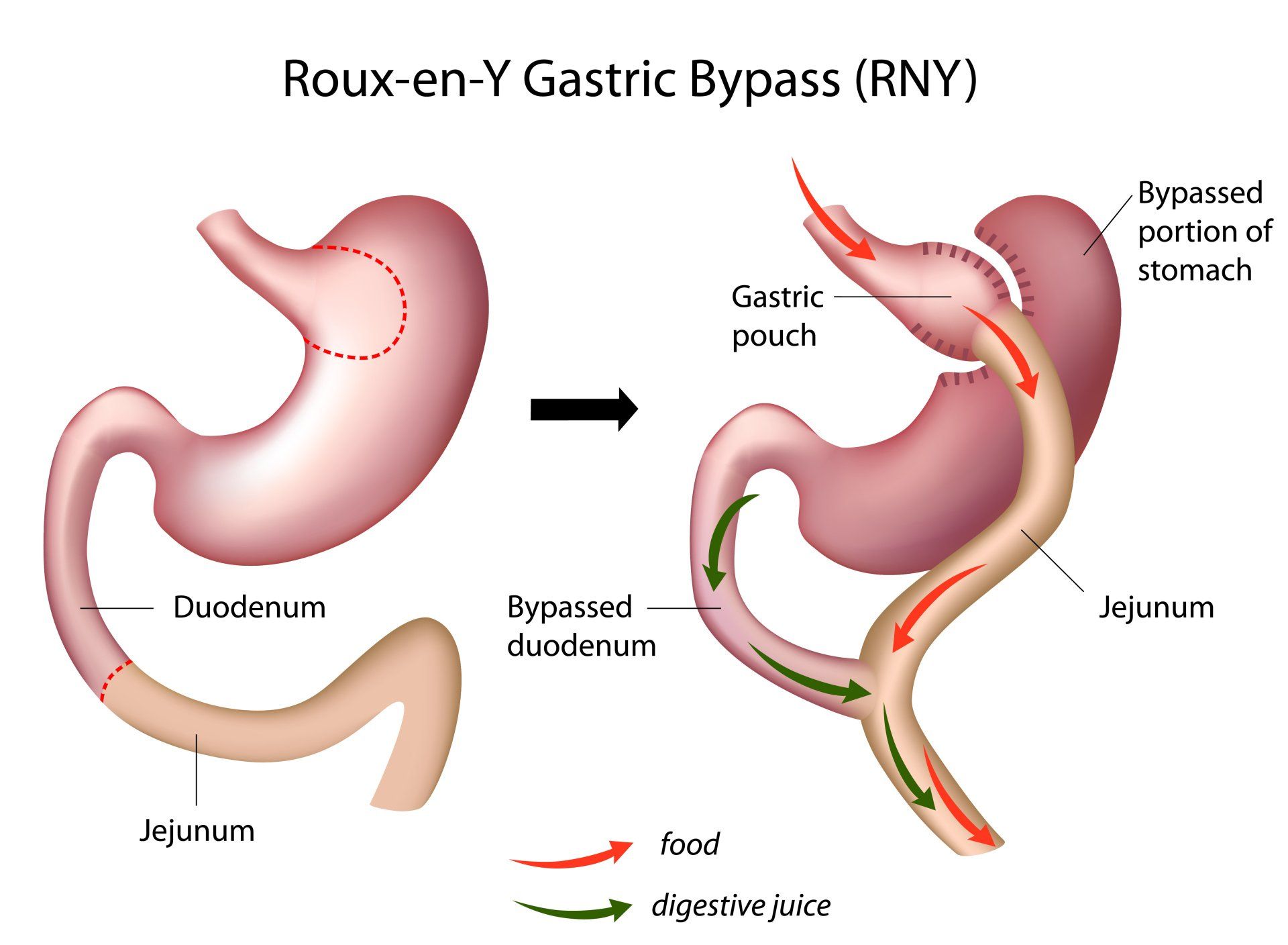
GASTRIC BYPASS
MINI GASTRIC BYPASS
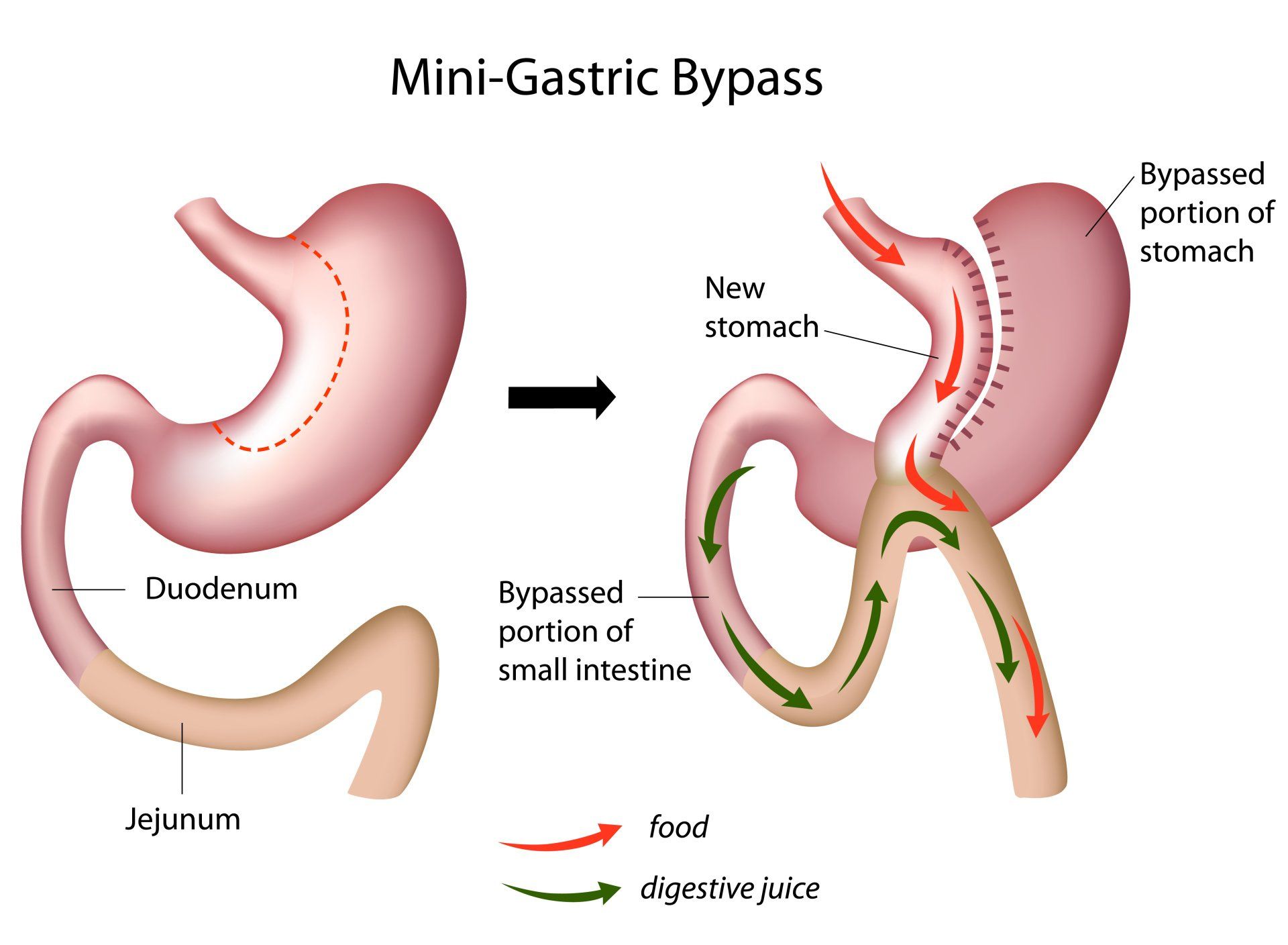
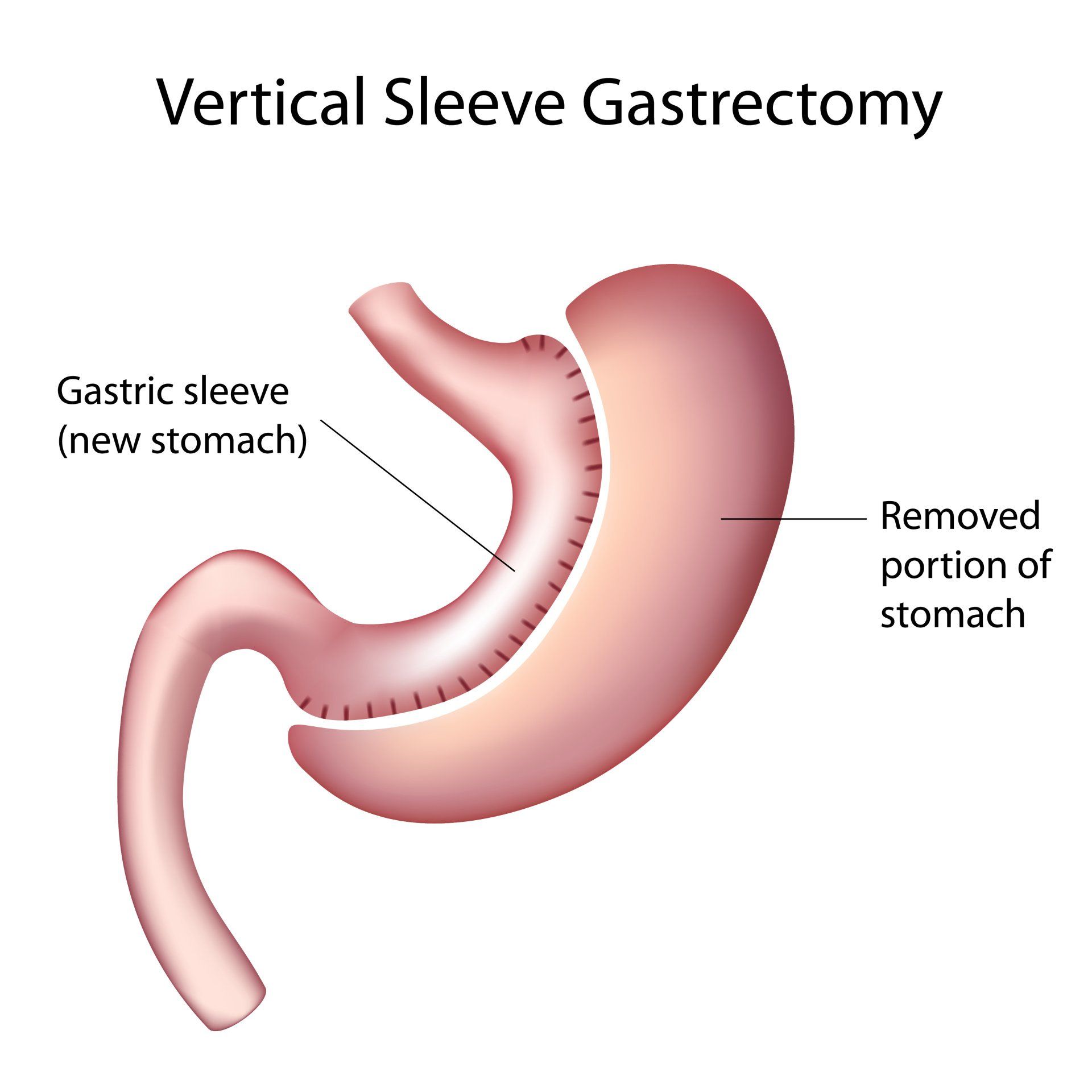
SLEEVE GASTRECTOMY
GASTRIC BALLOON
